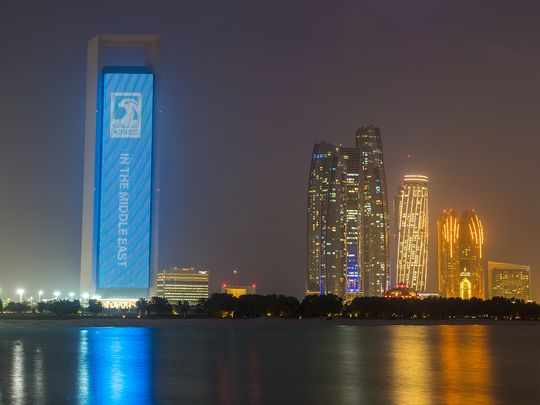Energy Crisis Should Not Force Nations To Sacrifice Green Targets
- Date: 04-Apr-2022
- Source: Forbes
- Sector:Oil & Gas
- Country:Middle East
Energy Crisis Should Not Force Nations To Sacrifice Green Targets
By Ioannis Ioannou, Associate Professor of Strategy and Entrepreneurship, London Business School In Homage to Catalonia, George Orwell wrote, "In trench warfare five things are important: firewood, food, tobacco, candles, and the enemy. In winter, on the Zaragoza front they were important in that order, with the enemy a bad last." It is often difficult to stand up and address an unspoken but vitally important subtext when the tragedy of war rears its ugly head as it has done in Ukraine. However, that is exactly what United Nations Secretary General António Guterres did when he looked another enemy squarely in the face and said that it would be "madness" if countries "[were to become] so consumed by the immediate fossil fuel supply gap that they neglect or knee-cap policies to cut fossil fuel use." Pledges made at the end of the COP26 climate summit saw all countries forge new commitments to phase down coal and fossil fuel subsidies, while 23 countries went further, committing to phase out coal entirely. Yet it has taken but one crisis – a severe one, granted – to jeopardise the course of this important ambition. In March, the EU Commission published REPowerEU, a strategy to






















